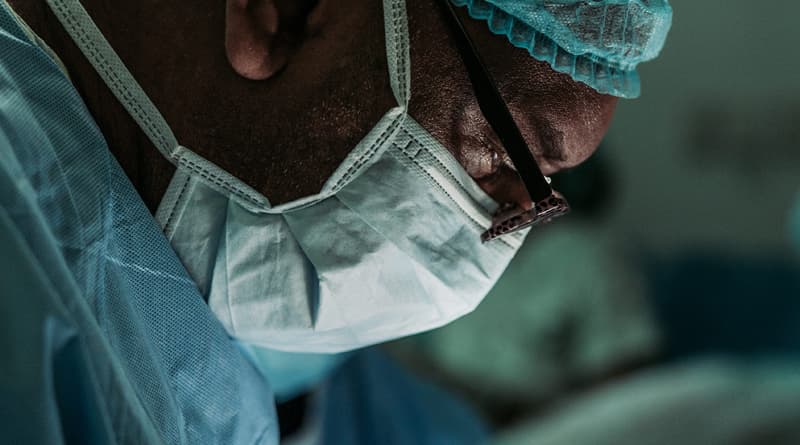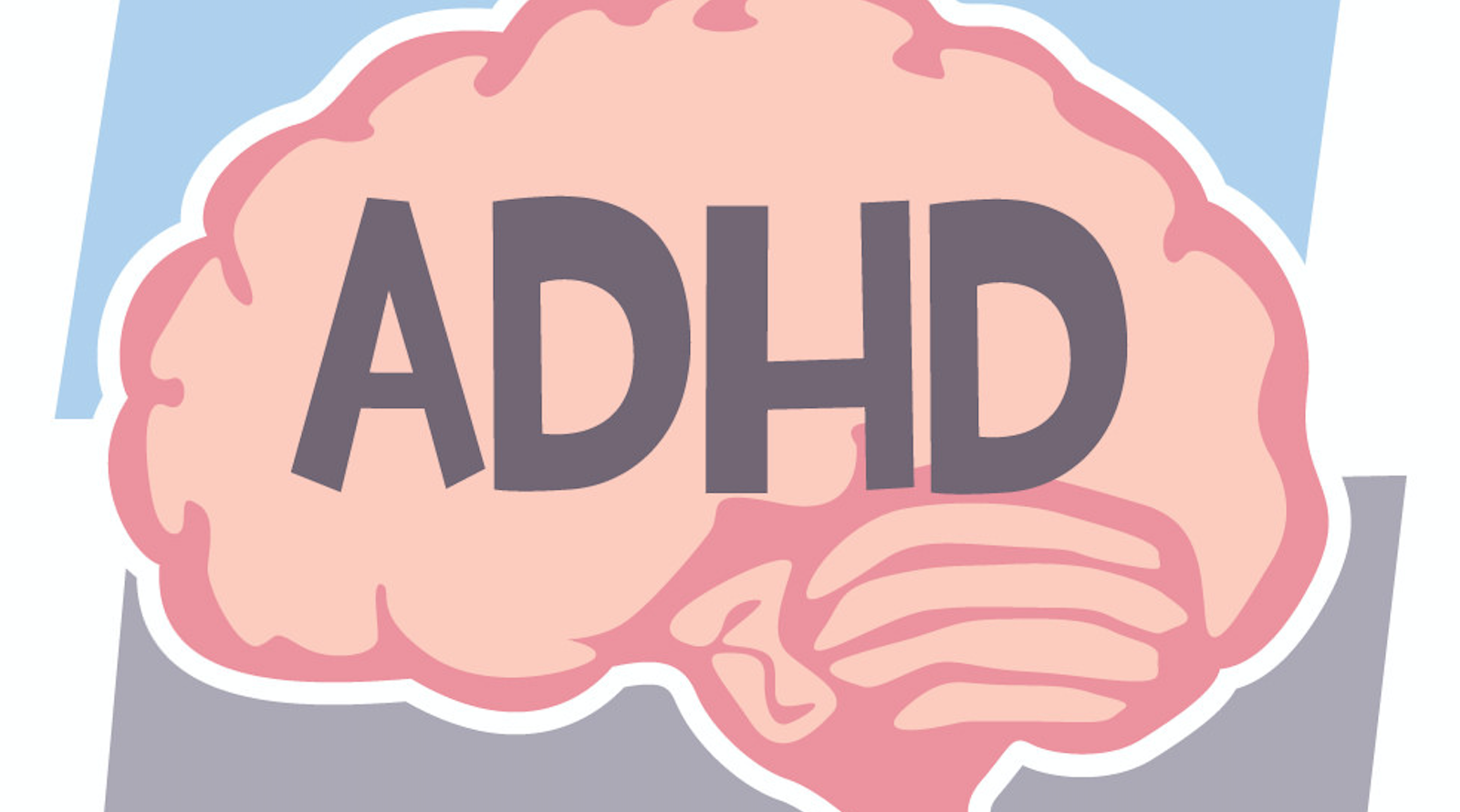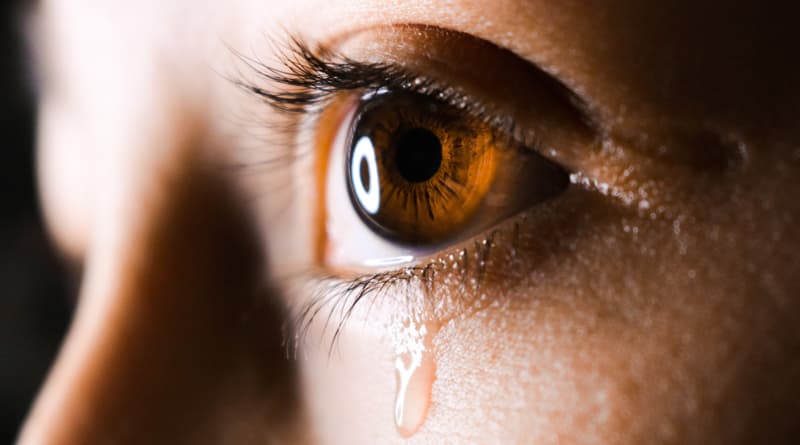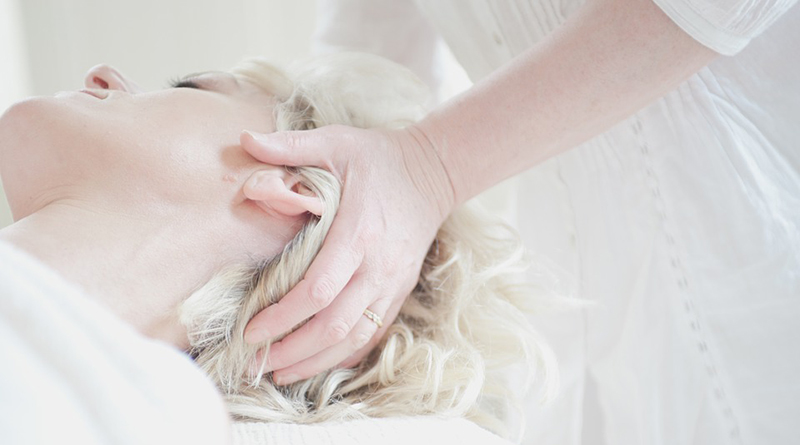
When The COVID-19 Crisis Passes, Will We All Still Be Created Equal?
By Stacy Gallin and Ira Bedzow
A Nation Created Equal
The arc of our country’s moral universe, bending toward justice has steadily sought to broaden the practical application of the words of our Declaration of Independence: “that all men are created equal.”
Yet discussions regarding triage and allocation of scarce resources in the wake of the COVID-19 pandemic risks changing our national cry to something that is reminiscent of the conclusion of George Orwell’s book, Animal Farm: “All animals are equal, but some animals are more equal than others.”
As hospitals are writing policies on how to treat what they see as an overwhelming deluge of incoming patients, many are looking to other countries for guidance in how we should allocate scarce resources. Utilizing established best practices is extremely important for crisis management, but we must also make sure that humankind creates guidelines and protocols that are based on our moral arc. Decisions like these, and medical decisions in general, cannot be made on science alone. Treatment and care decisions will always entail applying science and medical facts to the goals and purpose of medicine – healing others.
Painful Decisions
In Italy, the Society of Anesthesia, Analgesia, Intensive Care and Therapy (SIAARTI) published the paper, “Clinical Ethics Recommendations for the Allocation of Intensive Care Treatments, in Exceptional, Resource-Limited Circumstances,” a 15-point document intended to “offer authoritative professional and scientific support to those who are forced by daily events to make sometimes difficult and painful decisions.”
SIAARTI guidelines clearly prioritize greater life expectancy as the criteria for access to intensive care and life-sustaining treatment, but it also states that if the situation demands, it may become necessary to set an age limit for ICU admissions and allocation of scarce medical resources. Though the recommendations certainly did not intend for this to be the case, age quickly became a lightning rod because of COVID-19’s general impact on the elderly population.
Social Biases
Looking at age or disabilities – when those factors do not relate to the direct case of a patient’s prognosis or probability of survival – as a reason for not providing care out of deference to a general guideline is troubling. It embeds an inherent social bias that the elderly or those with disabilities are less equal than others for consideration of medical treatment. Even comorbidities can become reasons for prejudice if not considered in light of their effects on survivability and prognosis. For example, African Americans are 60 percent more likely to be diagnosed with diabetes than non-Hispanic whites in the United States. People with diabetes face a higher probability of experiencing serious complications from COVID-19. Yet, if a person’s diabetes is well managed, the risk of severe complications from COVID-19 is currently perceived as being the same as the general population. Diabetes, and other comorbidities, however, require long-term care and management, something to which not all members of the population have equal access.
Creating these types of clear guidelines that are easy to follow comes at the expense of acting contrary to the professional goal of medicine – serving as healers to the vulnerable.
Hospitals must be thinking about creating guidelines to help medical professionals make decisions in the moment. There are a lot of medical factors to consider and, in normal times, it takes a lot for people to weigh the various factors to determine the right course of action. In a pandemic, these decisions must be made quickly with very high stakes.
Yet guidelines should not take the place of doctors’ or ethics committees’ roles in making decisions. Individual cases should not be answered simply by deferring to general – and hypothetical – examples. In times of high stress, however, we run the risk of guidelines doing more than they are meant to do. They can end up becoming definitive rules for making decisions rather than serving as aids to the real decision-makers. Because of this, hospitals must be even more careful to create guidelines that cannot be used to justify bias, prejudice, or priorities in people based on “social usefulness.”
The Top Priority: Saving Lives
It is extremely important to make sure health professionals’ efforts go for the sake of saving lives – as many as they can. And they should recognize when their efforts may be illusory. But saving lives by discounting others right off the bat is not in line with our medical or social ethics, even if it might be utilitarian.
Times of disaster do not call upon us to throw out our everyday values and adopt a different form of disaster ethics. Think of the analogy between a regular season game and the Super Bowl. The rules are the same, but the stakes are higher, and the players are more skilled to face the challenge. Similarly, this moment calls on us to rise to the challenge of applying our ethics and making moral decisions when we need to most. Otherwise, after the COVID-19 crisis has passed, we may find ourselves facing an even bigger threat to society – and our humanity.
Stacy Gallin, D.M.H., is the founding director of the Maimonides Institute for Medicine, Ethics and the Holocaust, and Ira Bedzow, Ph.D., is an associate professor of medicine in the School of Medicine, the director of the Biomedical Ethics and Humanities Program, and head of the UNESCO Chair in Bioethics at New York Medical College.




